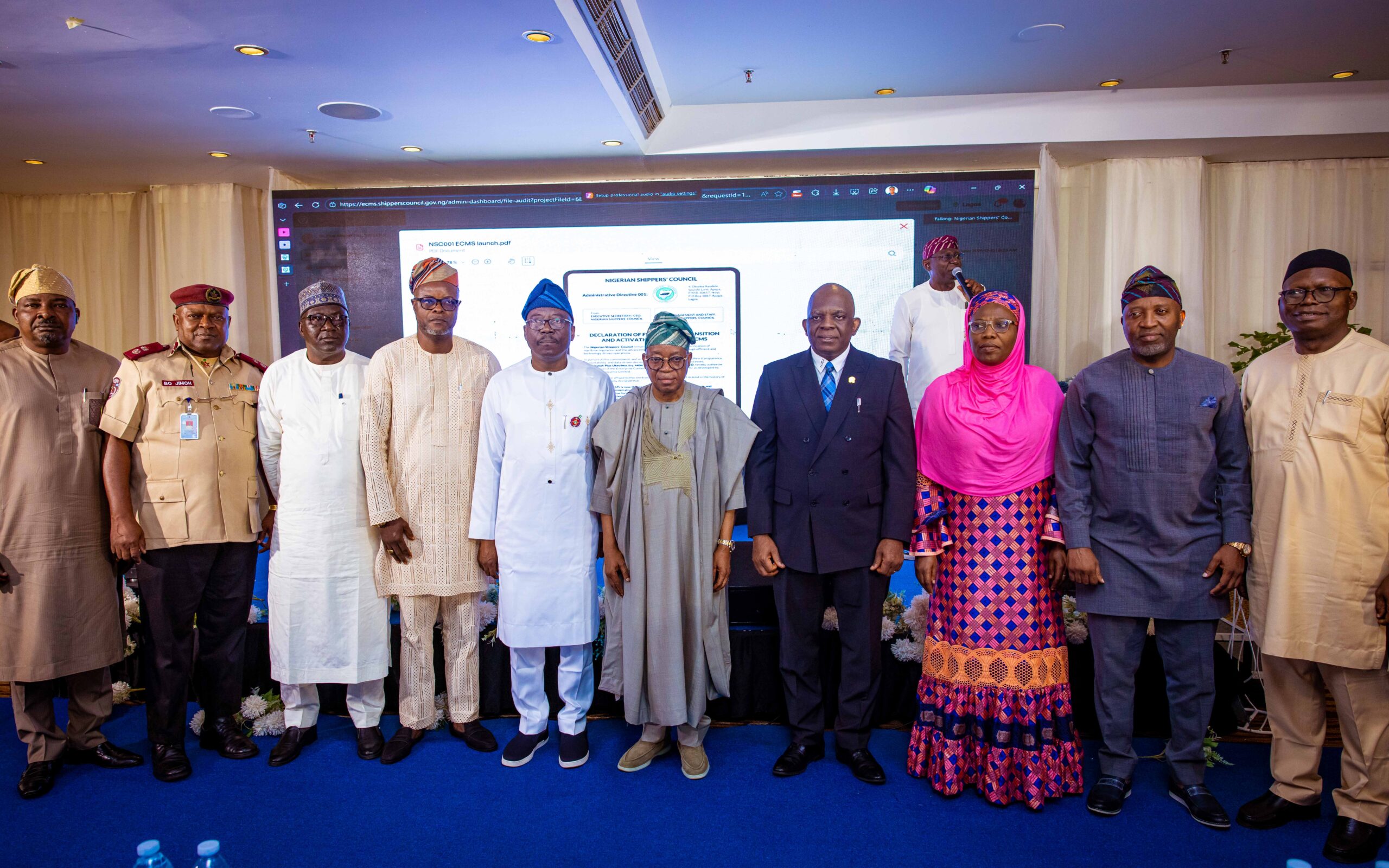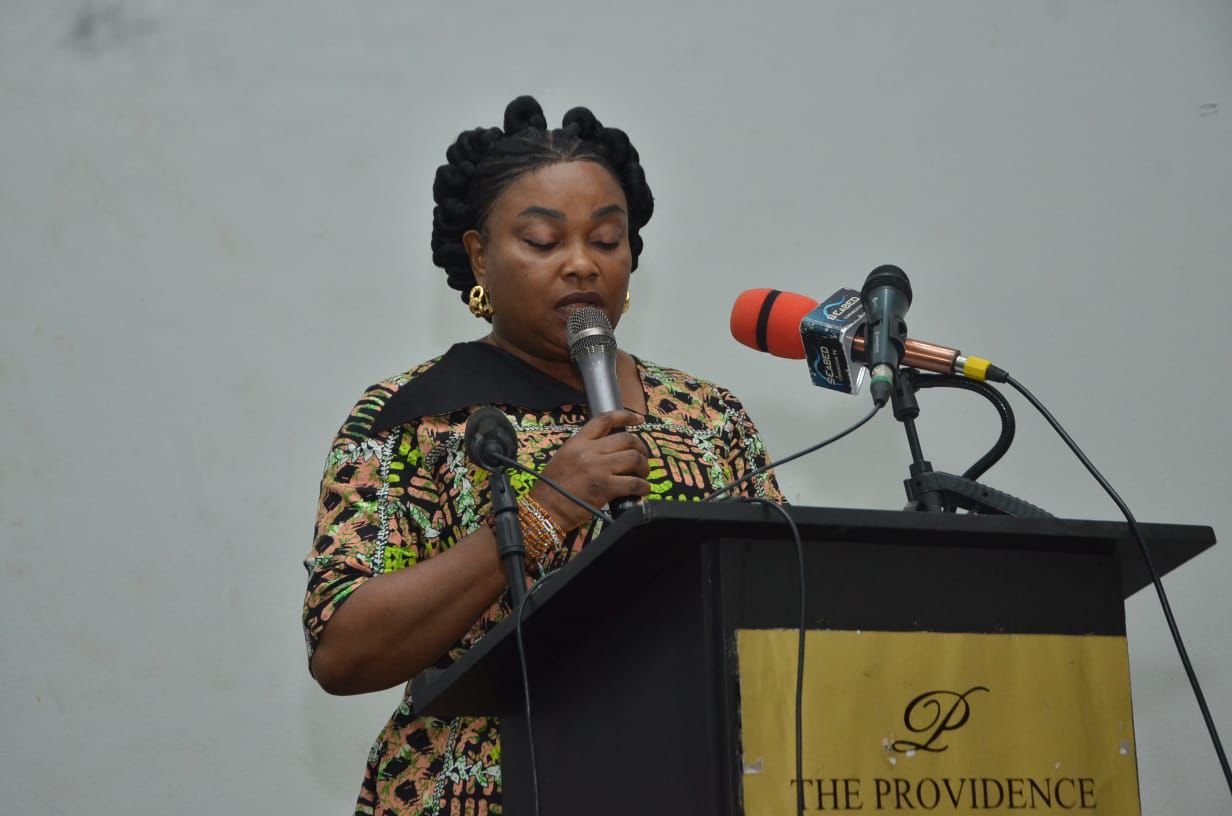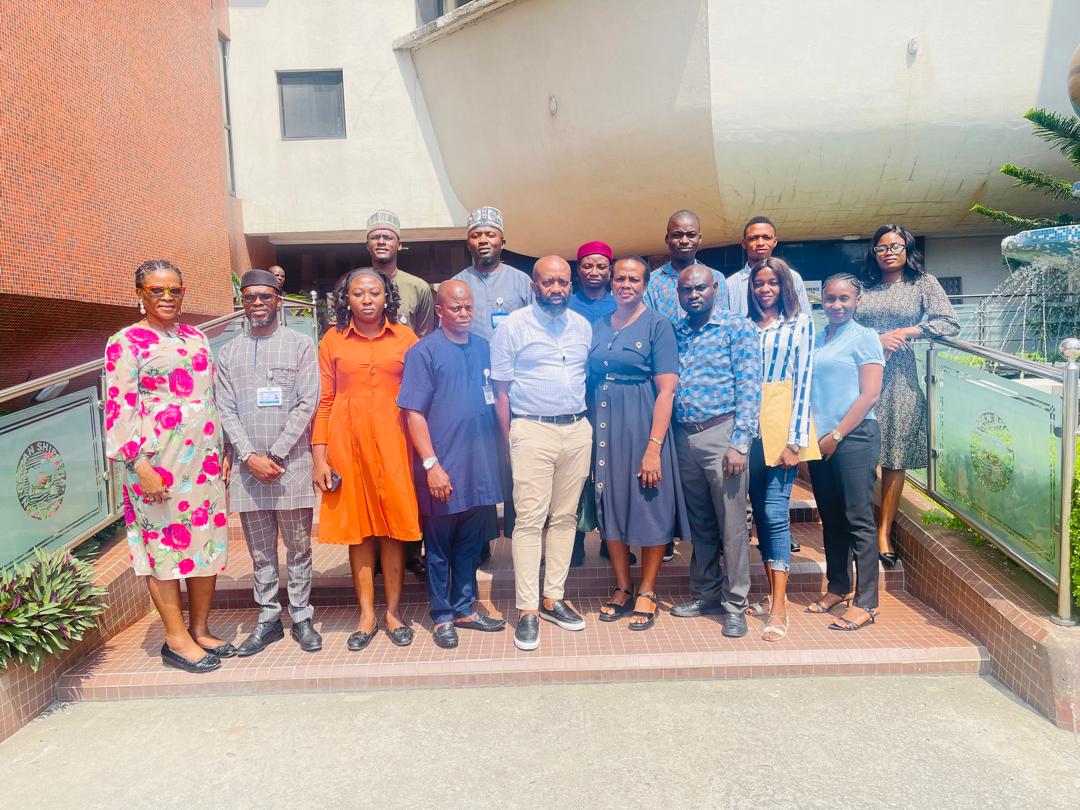…..Directs Mercy Express Freight Ltd to Submit Complete Documentation and Attend Follow-Up Session
The Nigerian Shippers’ Council (NSC) recently intervened in a freight-related complaint filed by Okownko Stephanie, representing Omah’s Order, against Best Logistics/Mercy Express Freight Ltd, concerning alleged cargo volume manipulation and a lack of transparency in freight handling and billing.
To resolve the matter, the Council’s Complaints Unit scheduled a tripartite meeting at its Lagos Office on October 2, 2025, at 10:30 a.m. However, Mercy Express Freight Ltd failed to attend the scheduled session without prior notice. Officers from the Complaints Unit were subsequently dispatched to the Company’s Office to ensure the matter was addressed.
Upon arrival, the Head Complaints Unit, Dr. Bashir Ambi, requested that responsible representatives of the Company be present for the meeting. The session commenced at 1:22 p.m. with an introductions and a statement of purpose by the NSC.
Dr. Ambi emphasized the Council’s mandate to promote transparency and fair trade practices in the Maritime and Freight Forwarding Sectors, adding that the Unit was acting under the directive of the Executive Secretary/CEO of the Council, Pius Akutah Ukeyima, Esq, MON, FCILT, Ph.D.
The case handler, Mr. Mubrak Abubakar, Operations Officer, summarized the complaint as follows:
Alleged CBM Manipulation: The cargo was declared at 2.08 CBM, which the complainant contested as inflated. The freight company failed to provide any packing list, measurement breakdown, or CBM calculation sheet. Only the Bill of Lading (BL) number was shared, despite repeated requests.
Unclear Cargo Nomenclature: The complainant highlighted inconsistencies between what was ordered and what was shipped. The goods were dispatched based on the supplier’s discretion without any standard item descriptions, making it difficult to verify the shipment’s legitimacy and volume.
Inflation of CBM by Foreign Agent: A representative of the freight company in China, Mrs. Rose, was specifically named in the complaint for allegedly inflating the cargo volume. The Council expressed concern over her unprofessional conduct and urged the company to take immediate corrective measures.
Right to Reject Overstated Cargo: The Council emphasized that if there is credible evidence of inflated CBM, consignees have the right to reject or return the cargo, especially when such manipulation leads to significantly higher freight charges.
Need for Physical Inspection : Since part of the shipment had arrived in Nigeria while the remainder was still in transit, it was agreed that a physical verification of cargo on the ground must be conducted to confirm the actual CBM and to determine whether manipulation occurred.
Resolutions Reached:
- Mandatory Attendance at Follow-Up Meeting: Mercy Express Freight Ltd is directed to attend a follow-up meeting at the NSC Complaints Unit on Tuesday, October 14, 2025, at 10:00 a.m. Non-compliance may attract further sanctions.
- Order to Provide Compensation: The Council directed Mercy Express Freight Ltd to compensate Omah’s Order, pending the outcome of cargo verification and further investigation.
- CBM Measurement Transparency: All CBM measurements must be clearly documented, photographed, and communicated to the consignee prior to shipment. The consignee must also be carried along in the process to ensure full transparency.
- Timely Communication with NSC : The freight company is urged to report any operational issues or disputes to the NSC proactively, rather than ignoring official correspondence or failing to appear at meetings.
- Complete Documentation Requirement : Going forward, all shipments must be accompanied by a packing list, itemized cargo description, measurement breakdown, and photographic proof. The absence of these documents will be considered a breach of proper freight handling procedure.
- Standardization of Cargo Descriptions : Freight forwarders and suppliers must use standardized cargo nomenclature and avoid vague item descriptions. This will reduce confusion, improve tracking, and prevent disputes related to cargo content and volume.
The Council will assess the cargo physically and monitor compliance at the next meeting before deciding on further action or sanctions.











